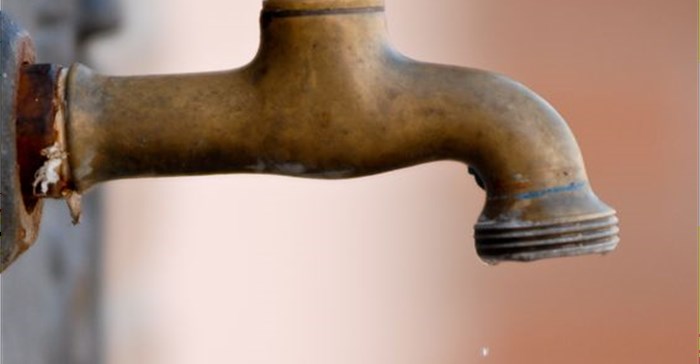
Top stories



ESG & Sustainability#BudgetSpeech2026: SRD grant unchanged, other Sassa social grants see hike
43 minutes



More news

ESG & Sustainability
South Africa’s carbon tax should stay: climate scientists explain why



















The city is a water-scarce area, despite being almost completely surrounded by sea.
City authorities said on Tuesday, 21 July 2015, it was investing in pressure management schemes, pipe replacement programmes and leak detection, as well as education programmes on saving water and alternative water sources. Leak repairs on private properties are also being offered to poorer residents.
Among a range of options being considered to secure the precious resource are water reclamation and sea water desalination.
Water Rhapsody Conservation Systems, a water-conservation company, warned recently that although Cape Town had seen higher than average rainfall since 2005, residents could still face water shortages. The city's dams are being drawn down faster than they are filling up.
Earlier this month Durban started water rationing following a debilitating drought.
The City of Cape Town said although the region had experienced some rain since the beginning of winter, the amount of rainfall and runoff had not significantly increased the levels of the dams.
The city said that dam levels would be assessed at the end of the winter rainfall season next month, and a decision would then be taken on how the system of dams would be operated over the next year, including whether water restrictions would be required.
Cape Town's mayoral committee member for utility services, Ernest Sonnenberg, said on Tuesday that the city was working to secure water supply for the foreseeable future.
A number of potential water supply schemes, which include surface water, groundwater, seawater desalination and waste water re-use schemes, have been identified as possible future sources.
"A number of feasibility studies are in progress and will inform the city's water supply strategy going forward," Sonnenberg said.
According to Neil Armitage, head of the University of Cape Town's department of civil engineering and director of the Urban Water Management research unit, seawater desalination must be considered a last resort as it is costly and requires an enormous amount of energy.
He said it would be far cheaper to desalinate treated sewage effluent or secondary sources of water.
Source: Business Day

For more than two decades, I-Net Bridge has been one of South Africa’s preferred electronic providers of innovative solutions, data of the highest calibre, reliable platforms and excellent supporting systems. Our products include workstations, web applications and data feeds packaged with in-depth news and powerful analytical tools empowering clients to make meaningful decisions.
We pride ourselves on our wide variety of in-house skills, encompassing multiple platforms and applications. These skills enable us to not only function as a first class facility, but also design, implement and support all our client needs at a level that confirms I-Net Bridge a leader in its field.
Go to: http://www.inet.co.za